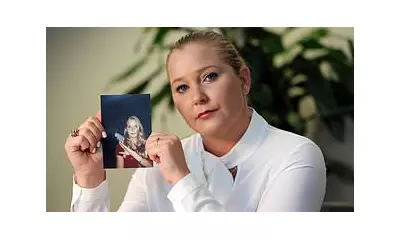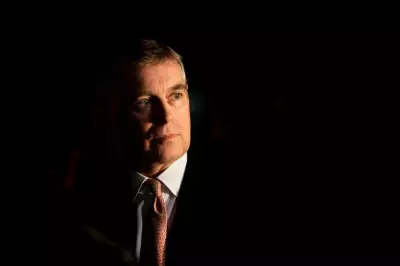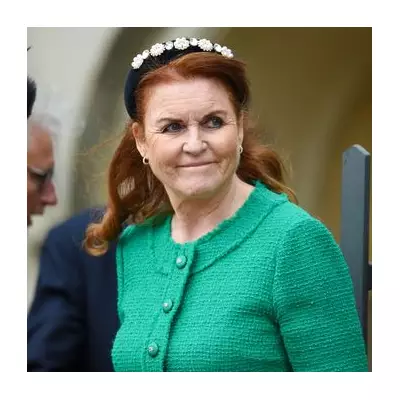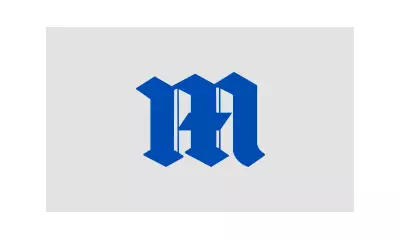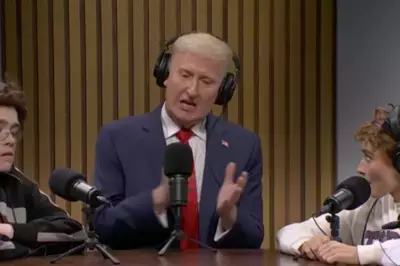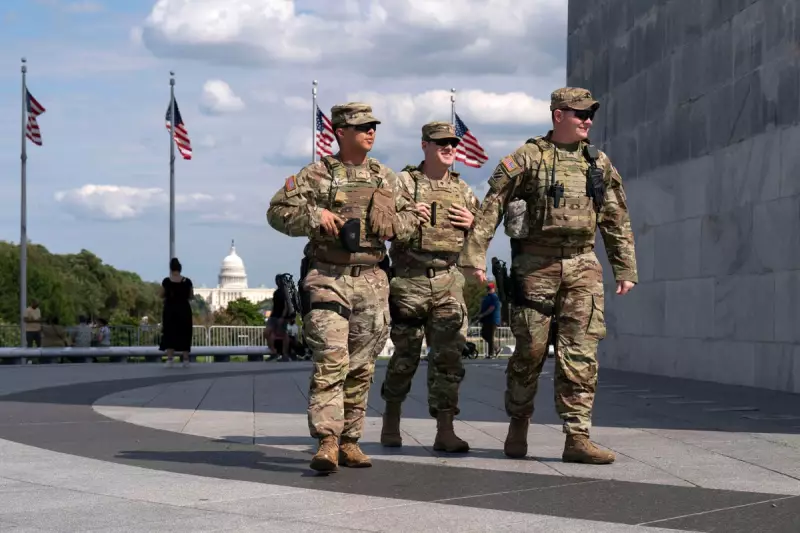
Shocking new evidence has emerged detailing how Donald Trump's inner circle actively prevented the deployment of thousands of National Guard troops in the days preceding the January 6th Capitol insurrection.
Testimony from former Deputy Chief of Staff Anthony Ornato reveals a direct request from the US Capitol Police for 10,000 troops was abruptly blocked by Trump's team. This intervention created a critical security vacuum that allowed a mob of the former president's supporters to violently storm the Capitol building.
A Request Denied
According to the testimony, the request for massive National Guard support was made in the days leading up to the planned 'Stop the Steal' rally. The scale of the request, ten times larger than the eventual deployment, indicates that law enforcement was anticipating severe trouble.
Despite this clear warning sign, the plea was shut down. Ornato testified that the decision was made because "they didn’t like the optics" of having such a large military presence in the nation's capital.
The Fallout and the Finger-Pointing
The revelation directly contradicts the long-held defence from Trump and his allies, who have repeatedly tried to shift blame onto Democratic leaders like Washington D.C. Mayor Muriel Bowser for the security failure.
In the immediate aftermath of the riot, Trump allies falsely claimed that Mayor Bowser had restricted National Guard presence. This new testimony completely undermines that narrative, placing responsibility squarely on the Trump administration for overruling security experts.
The decision had immediate and dire consequences. Under-staffed and overwhelmed, Capitol Police were unable to hold back the crowd, leading to a devastating breach of the building, multiple deaths, and a profound threat to American democracy.
Continuing Investigations
This testimony adds a crucial piece to the ongoing investigation into the January 6th attack. It provides concrete evidence of a deliberate action taken at the highest levels of the Trump White House that directly contributed to the security lapse.
The question of why the request was denied—prioritising political "optics" over safety—remains a central focus for investigators and the public seeking accountability for one of the darkest days in modern American history.

